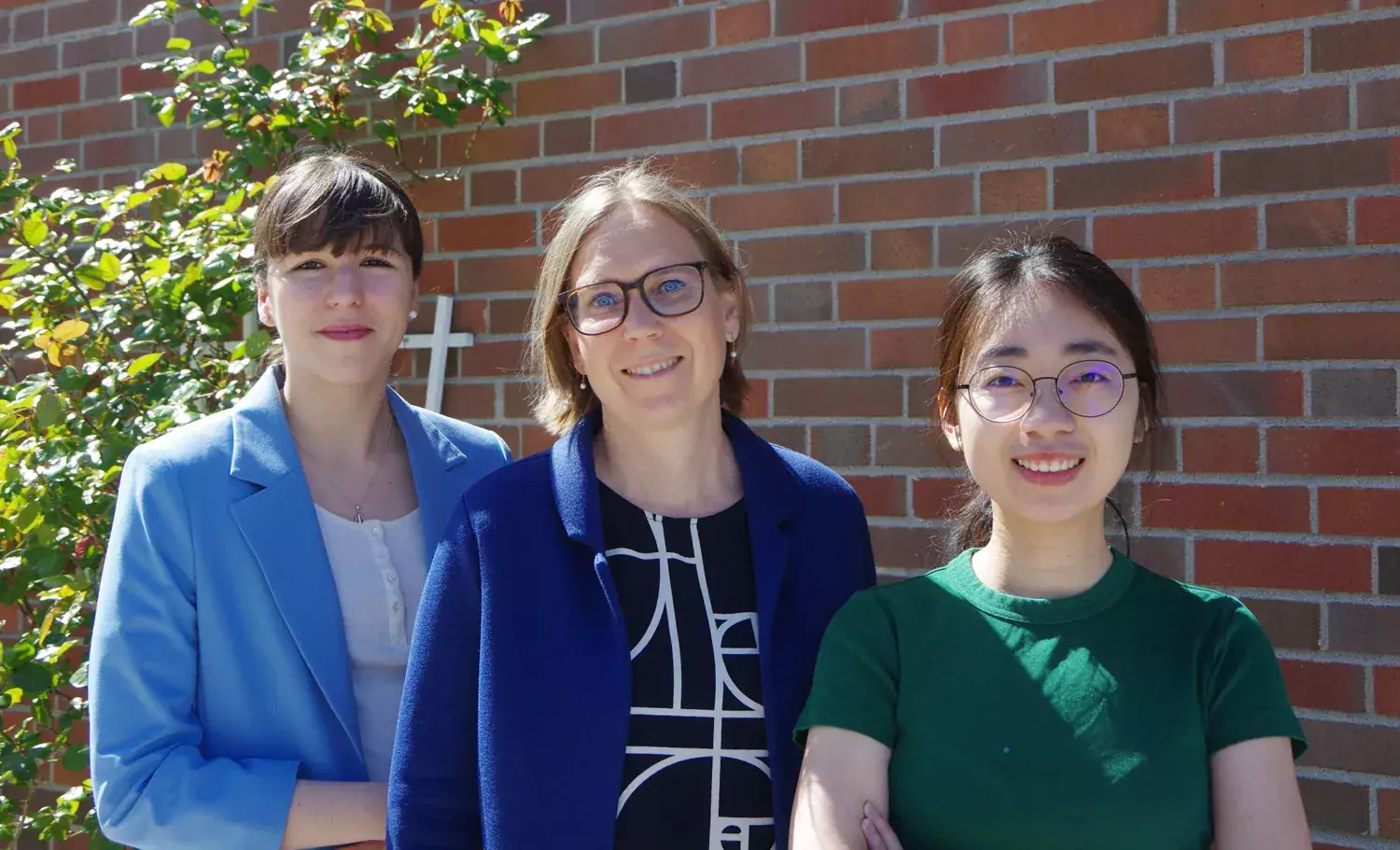Our research
The complexity of human autoreactivity: understanding the clonal diversity of B cells and antibodies.
B cells and antibodies are an essential part of the adaptive immune system and play important roles in protecting us from infectious threats. Yet, in autoimmune diseases such as systemic lupus erythematosus (SLE), idiopathic inflammatory myopathies (IIM), and rheumatoid arthritis (RA), the host’s immune system - for unknown reasons - recognizes self-biomolecules as foreign. This can cause, if left untreated, devastating disease.
In different diseases, distinct biomolecules are targeted by different classes of self-reactive autoantibodies. Moreover, within in each diagnosis patients display heterogeneous autoantibody profiles, which can define clinical subsets. However, much is still unknown about why someone develops autoimmunity and why patients display different clinical phenotypes and respond differently to treatment. We think that understanding the adaptive immune system is the key to solving these questions. Notably, not all autoantibodies are contributing to disease and some, in particular natural IgM, may also be beneficial and homeostatic.
We use serology surveys, antibody engineering, high dimensional flow cytometry, functional assays and high-throughput single-cell methodology to study autoantibody profiles and diversity of autoreactive B cells in rheumatic disease.
Ongoing research
- Investigation of anti-modified protein autoantibodies (AMPA) in rheumatoid arthritis: understanding the molecular features, clonal diversity, and function of autoantibodies to the post-translational modifications citrullination, carbamylation, acetylation and malondialdehyde modification
- Survey of SLE-associated autoantibodies, autoreactive B cells and biomarkers: understanding the association with disease manifestations and patient subsets
- In-depth understanding of myositis-associated autoantibodies and B cells in patient subsets
- Immunosurveillance of B cells responses: studies of immunoglobulin repertoires and B cell phenotypes in patient
- Investigation of the impact of targeted treatment on B cell activity and phenotype and development of functional assays
- B cell activity and dysregulation in development of B cell lymphoma: focus on autoimmune-associated lymphoma
Cooperation
Photo: Bruno Raposo, From left: Nora Euler, Caroline Grönwall och Wenqi Huang.

